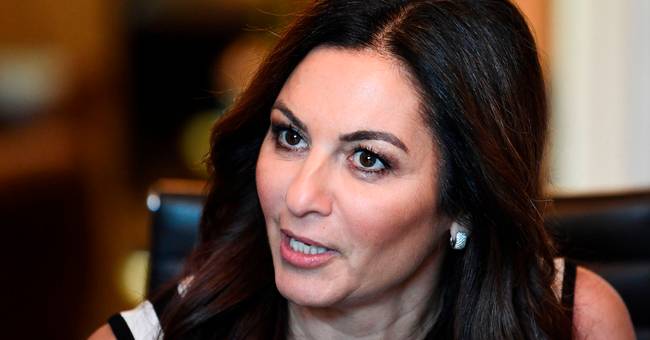Soran Ismail is one of the famous men who was accused of sex crimes during the metoo autumn 2017. At least three women are said to have accused him of, among other things, rape.
The accusations caused Soran Ismail to leave the spotlight and go underground.
Now, in the documentary "Persona non grata", he speaks out - and tells what happened next.
Preliminary investigations were initiated regarding several of the police reports made against Soran Ismail, but all investigations have been closed.
Soran Ismail still denies that he did anything criminal.
- I have a hard time understanding how it can be as wrong as it has been in a couple of situations.
But for that matter, I can not admit actions that I have not done, he says in the documentary.
The lawyer is critical
Lawyer Elisabeth Massi Fritz represented several of the women who accused Soran Ismail of sex crimes and she sharply criticizes the program.
- It is offensive and traumatic for the plaintiffs who reported Soran Ismail to the police for various kinds of sexual crimes to know that public service even makes this documentary.
The plaintiffs I have represented have all had strong and credible stories, she writes in a statement to SVT News.
None of the three women interviewed wanted to participate in the documentary.
Elisabeth Massi Fritz states that the women she represented feel bad and are traumatized.
- That the evidence was not sufficient or that the statute of limitations was relevant does not change their stories about Soran Ismail.
For the plaintiffs, this means that it was not enough for the prosecutor to prosecute and that a trial would take place in court.
"Does not go into the debt issue"
In a blog post, SVT has responded to the criticism of the publication.
Among other things, it is emphasized that the documentary "does not go into the debt issue" and that the purpose is not to clean up Soran Ismail.
"What motivates the publication is the transparency in the situation that arose when he was no longer a suspect in the legal sense, but still questioned by the environment," writes Helena Olsson, program client at SVT, in the post.

